
The Linux Foundation opens scholarship program -- will you apply?
Are you happy with your life? Maybe you are stuck in a dead-end job. Maybe you are unemployed and living on your mom's couch. Hell, maybe you just need to enhance your skills for your current job. You know you need to make a change, but you keep putting it off. What is a smart path to take?
Linux. Yes, careers involved in Linux are in high demand. Getting certified in some way is not only personally rewarding, but also improves your employment potential by bolstering your resume. If you do not have money for such a thing, I have good news -- you could get a scholarship from The Linux Foundation. In other words, you can get a free education and certification. Will you improve your life by applying?
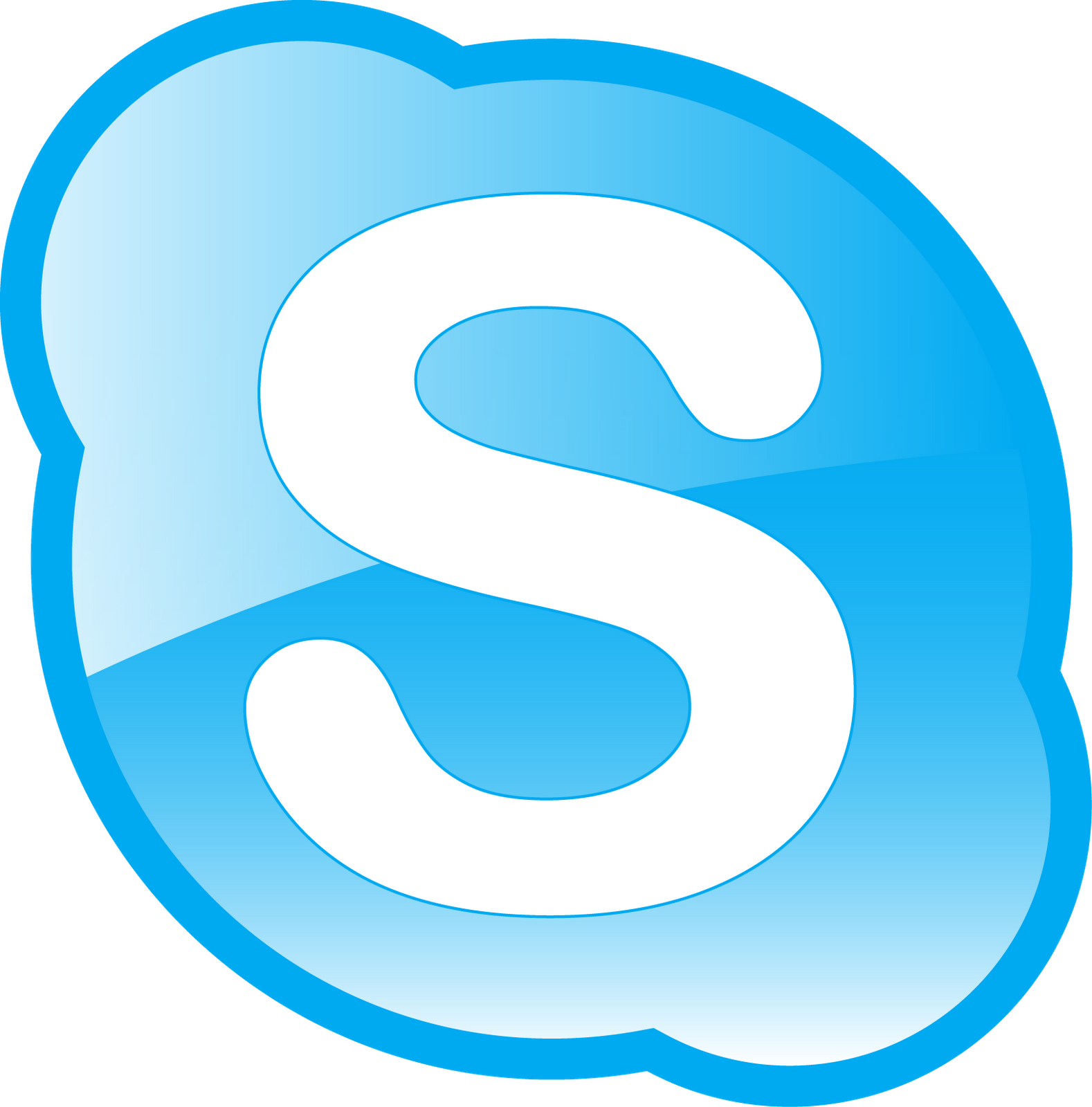
Microsoft's Skype for Web (Beta) available worldwide, including Linux and Chromebooks
Skype is one of the most recognizable communication services in the world. Unfortunately, Microsoft has not yet perfected it; there is plenty of room for improvement. The company is arguably mishandling Skype, by killing the much maligned Modern UI version rather than fixing it.
Not all news about Skype is bad, however; last week, Microsoft announced that it was opening the web beta to all in the US and UK -- awesome news. Today, the company makes this announcement even better, by expanding it globally, including Linux distributions and Chrome OS (which is technically a Linux distro) for instant messaging.
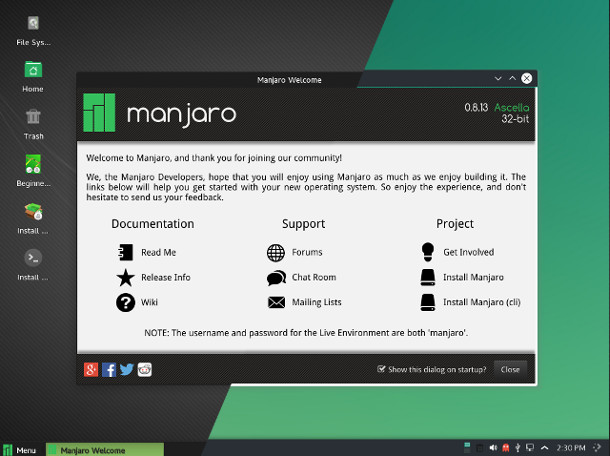
Manjaro Linux 0.8.13 is here
If you are a Linux desktop user, you probably have a favorite distribution. Sticking to one distro is a good option, as it is generally less stressful and easier to master. With that said, however, some people are distro hoppers; constantly trying new Linux-based operating systems. This can be fun too, but the downside is that you are in a constant state of change -- a solid foundation has its benefits.
There are pros and cons to both practices, but I would suggest a happy medium; stick with the operating system you love, but try other ones -- on the side -- to remain knowledgeable on the state of the Linux community. One such distro I suggest trying -- on a VM or separate partition -- is Manjaro. Hell, if you like the Arch-based OS, you may just commit to it full time. Today, the newest version, 0.8.13, sees release, featuring two of the best desktop environments -- XFCE 4.12 and KDE Plasma 5.3.1.
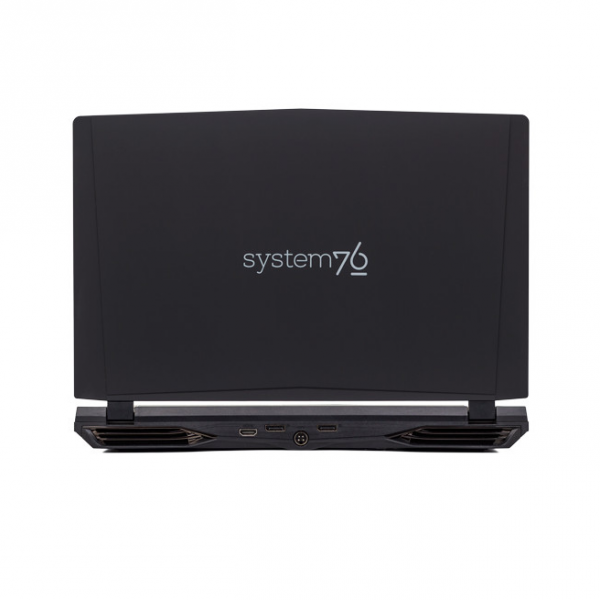
System76 unveils hardcore Serval WS laptop running Ubuntu Linux
If you are a Linux user looking to buy a computer, System76 is one of the best manufacturers to target. Rather than buy a Windows machine and formatting the drive to install your favorite distro, the company's machines come pre-loaded with Ubuntu. Even cooler, its laptops do not have the Windows logo on the super key, instead having the Ubuntu logo. Even if you are a fan of a different distro such as Fedora, supporting a Linux-focused seller is good for the overall community.
Today, the company announces its newest laptop, called "Serval WS". To call this a mere laptop, however, does not do it justice. It is a hardcore, monstrous beast -- a full desktop replacement -- ready to shred through anything you throw at it. Yeah, the specs are that good.
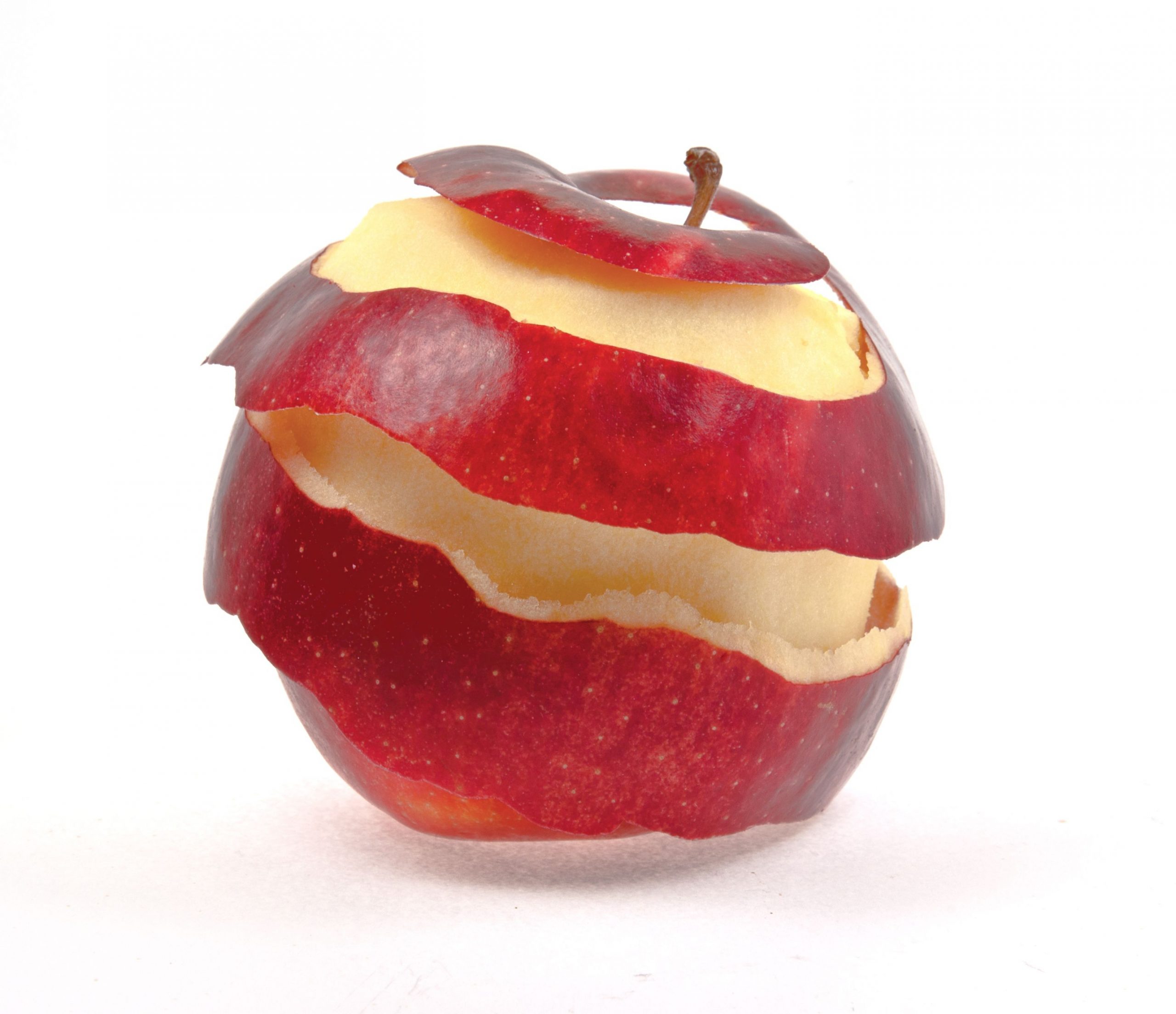
Apple Swift 2.0 will be open source
Apple is a company that embraces closed ideology. Its operating systems only work on certain hardware which it selects and sells. Its App Store features our-way-or-the-highway guidelines. Worst of all, on iOS, the user cannot even choose a default browser or email client. Hell, even when you use a browser other than Safari, it must use WebKit.
Today, however, this archaic ideology may be softening -- slightly. Among the hubbub of all the flashier WWDC announcements, Apple announced something miraculous -- its Swift 2.0 programming language is going open source. Yes, really.
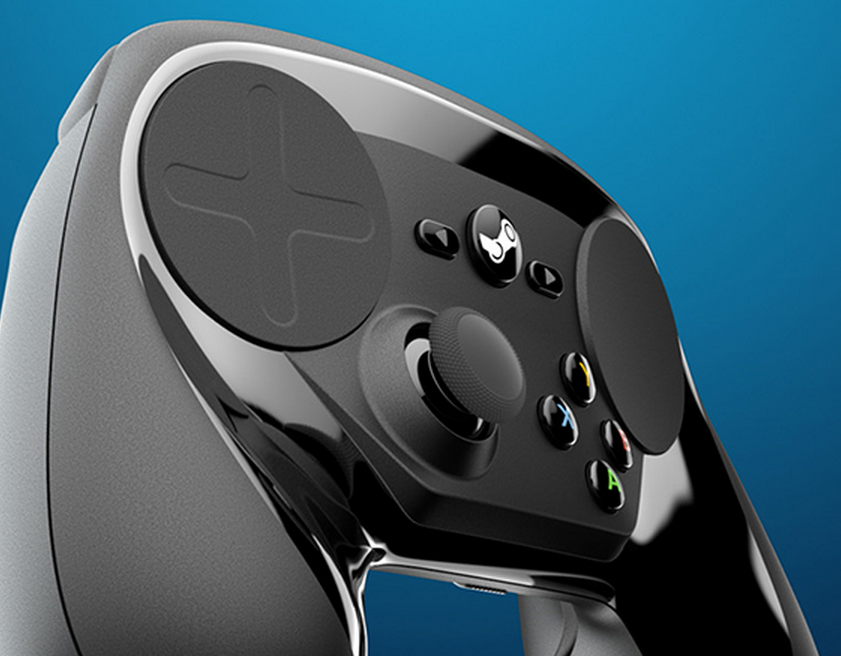
Linux-powered Steam Machines now available for order -- Gamers, grab your credit cards
PC gaming has historically been a Windows-affair. For the most part, this works rather well. After all, Microsoft's operating system is easy to use and has incredible hardware compatibility. With that said, Windows does have a fair bit of overhead both from a performance and price perspective.
For many people, a Linux-based operating system makes more sense as it is free in cost while being lightweight from a performance perspective. In other words, the modular nature makes Linux ideal for focusing on gaming. Valve's long-promised Steam Machine concept was designed with this in mind, and after a long wait, you can finally order one.

Want a career in Linux? Take this edX course
There comes a point in every person's life when they must grow up and plan for their future. It is important to remember that you can be anything you want if you try hard enough. Of course, some jobs such as astronaut, President of the USA or NBA player are harder to get than others!
A smart choice in today's world is to be involved with Linux. There are many careers in Linux that are in demand nowadays. If you want to be a Linux Systems Admin, I have good news -- you can now become qualified online thanks to a partnership between edX and the Linux Foundation.
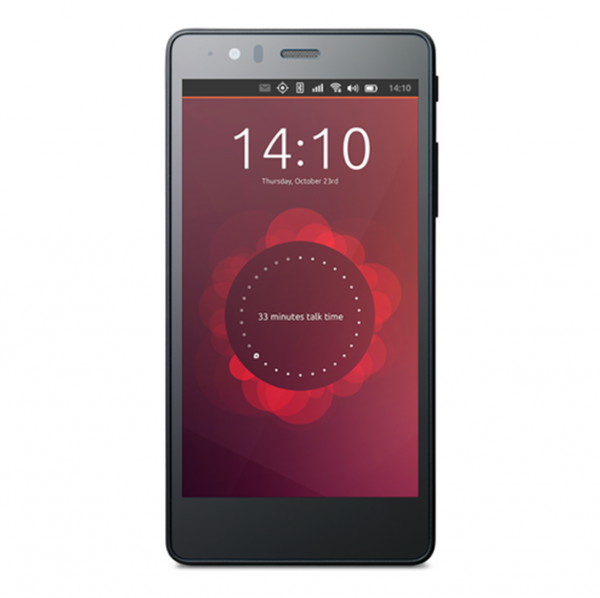
BQ Aquaris E5 HD Ubuntu Edition smartphone is here
When a consumer is ready to buy a new smartphone, they primarily have two options -- iPhone or Android. While both of those options are great, a duopoly can be harmful to consumers. Having more options is preferable. True, Windows Phone, BlackBerry, and Firefox OS are options, but hardly lighting the world on fire. Can any mobile platform truly compete?
For many, Ubuntu is the light at the end of the tunnel. Whether it will ultimately be a success is unknown, but it certainly has a chance. Today, the latest and greatest phone running Canonical's operating system is released -- the BQ Aquaris E5 HD Ubuntu Edition.
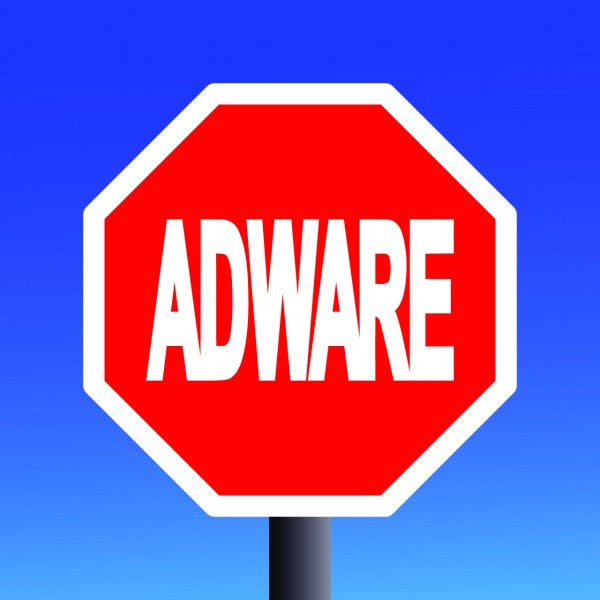
Adware makers turn their sights on OS X
Hot on the heels of news that OS X topped the vulnerabilities charts in April comes Dr. Web's virus activity review for May which shows increasing quantities of adware and unwanted applications targeting the Apple operating system.
The company reports several programs aimed at OS X that either install adware, install other applications or inject JavaScript code into webpages.
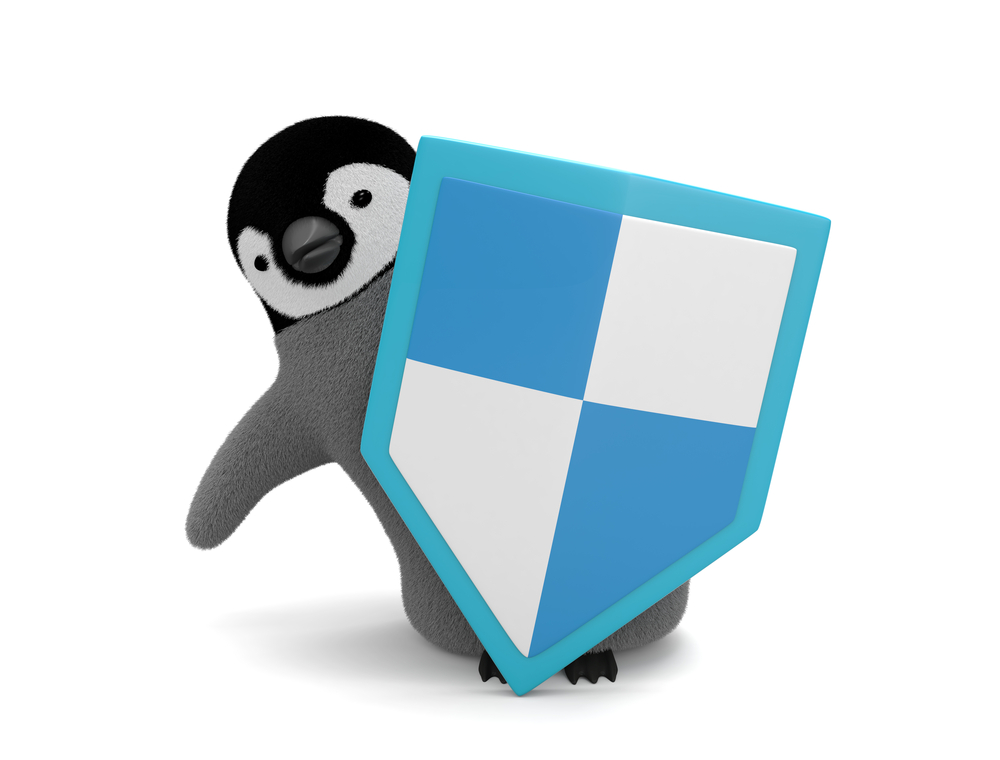
Antivirus products for Linux compared
Though Linux is often seen as being immune to malware it's still important to have protection, partly because Linux malware does exist, even if it’s rare, and partly to prevent the passing on of viruses to more vulnerable operating systems like Windows and Android.
Independent testing organization AV-Comparatives has been looking at the leading Linux anti-malware offerings to gauge their ease of installation, features and more.

Fedora 22 is here -- Linux fans, get excited!
The large number of active Linux distributions nowadays is problematic. While some will say more choice is a good thing, I must disagree in this regard. This can potentially overwhelm people that are Linux-curious, causing them to abandon their open source journey before it begins.
Quite frankly, beginners should only target two distros -- Ubuntu and Fedora. The former is the easier and more accessible of the two, but the latter is arguably better from a learning experience. Today, after a long wait, Fedora reaches version 22.
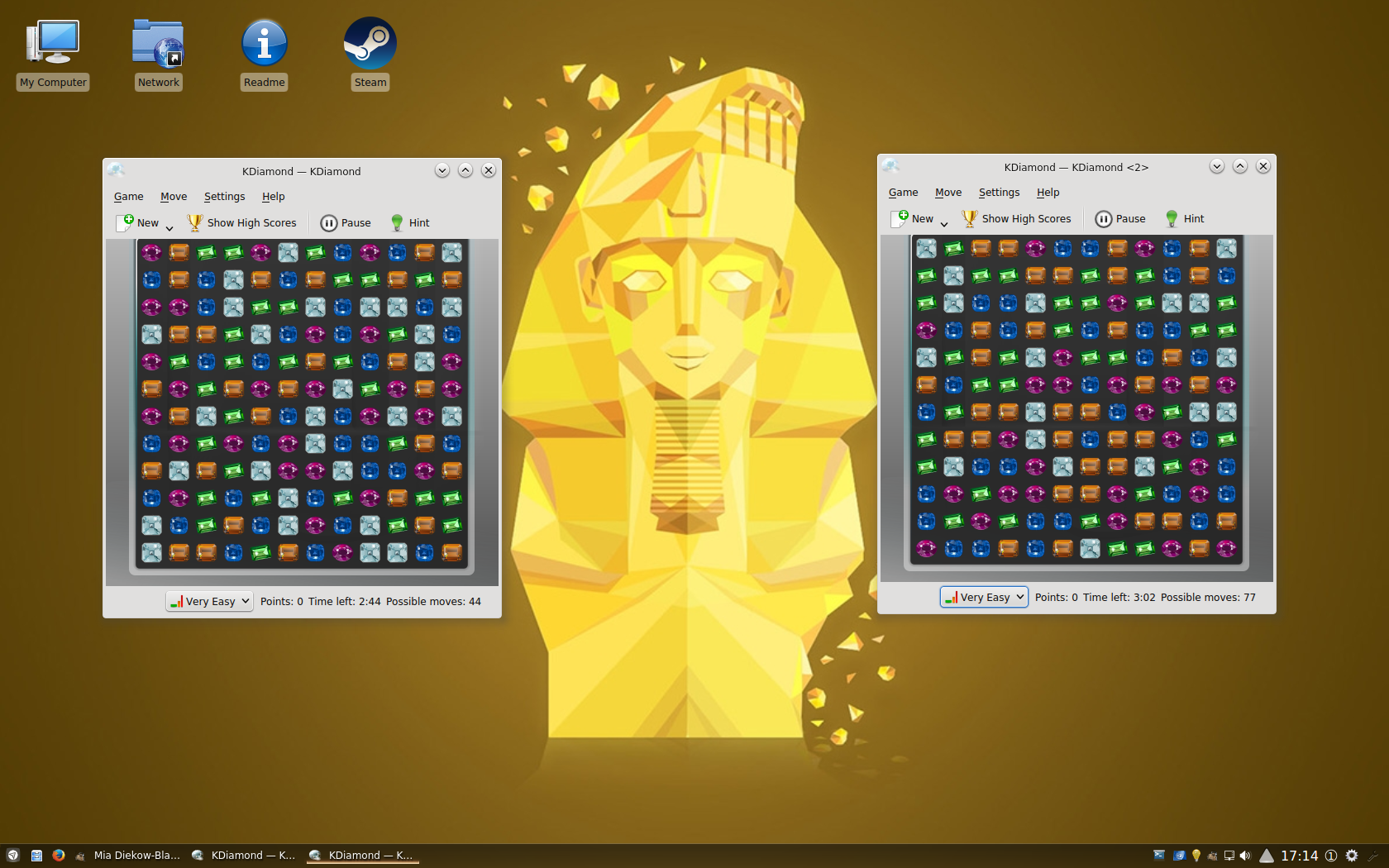
Netrunner 16 'Ozymandias' is here -- the best KDE Linux distro gets better
One of the wonderful things about Linux distributions is the various desktop environments available. Unlike Windows and OS X, if you do not like the user interface, you can simply change it. I am a big fan of GNOME 3, but I know that many people dislike it. That's OK -- different strokes for different folks as they say.
Another desktop environment I like, and recommend to many, is KDE Plasma. The latest version, Plasma 5, is wonderful, and former Windows users will feel comfortable with it. Today, the best KDE distribution, Netrunner, reaches version 16. Dubbed "Ozymandias", it embraces KDE Plama 5.

HP is Putin Ubuntu Linux on Russian computers
Linux is an unstoppable force; well, except on the desktop where it is barely used. While some PC manufacturers, such as System76, sell computers running Ubuntu and other distros, the average consumer will have difficulty buying such a machine in a physical store. The closest they can get is a Chromebook or Chromebox, but I digress.
Some Windows partners, such as Dell, offer Linux-based operating systems as an alternative, but this is few and far between. HP, however, is planing to sell machines in Russia running the Ubuntu operating system. I suppose you could say the company is Putin (puttin') Linux on the desktop there!
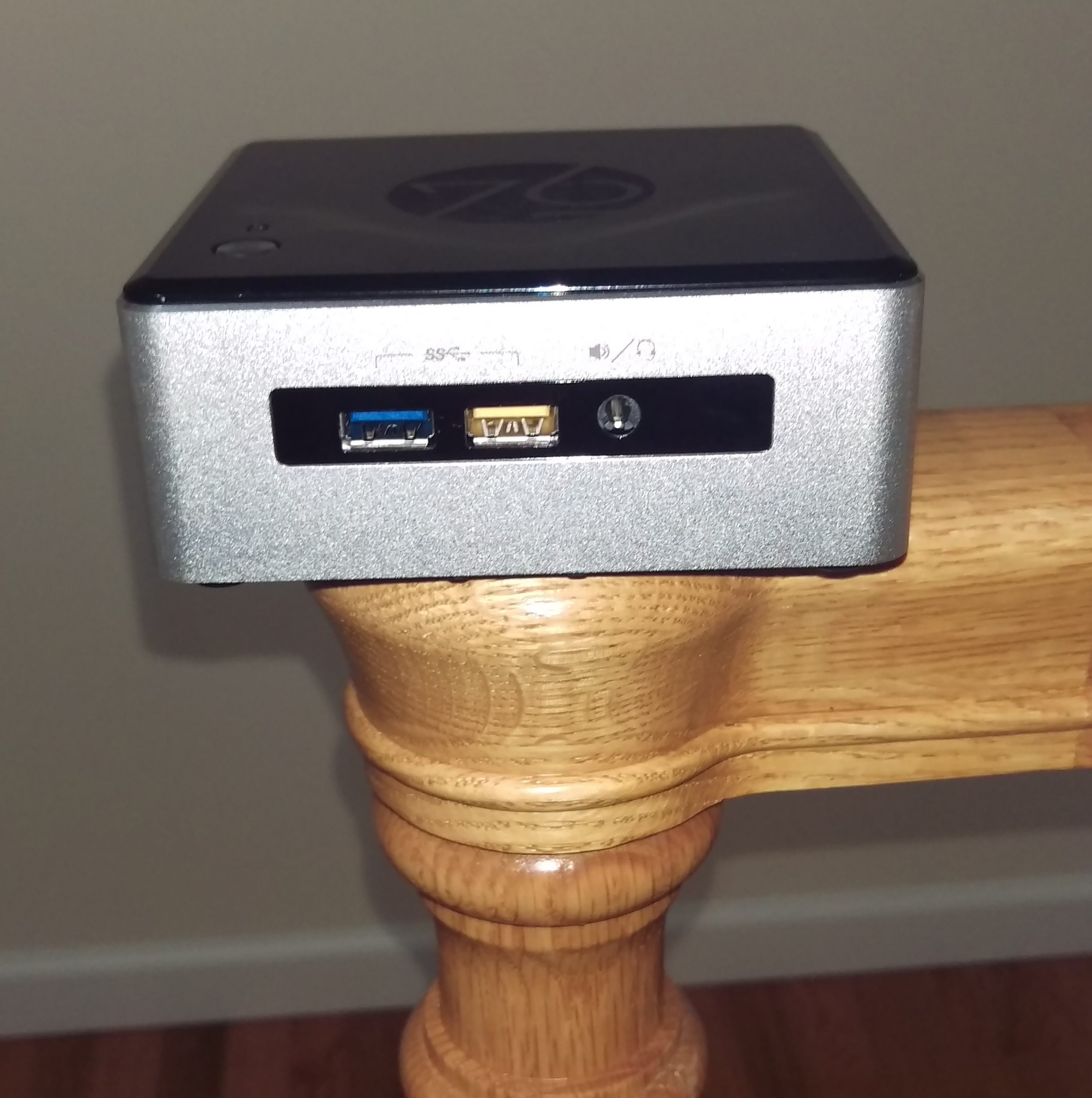
System76 Meerkat is a cute Intel Broadwell-powered Ubuntu Linux computer [Review]
Imagine if every time you wanted a Windows computer, you had to buy a Mac, format the hard drive and install Microsoft's operating system. That would suck, right? This is pretty much how it is for Linux users, sadly. If you are a user of a Linux distro such as Fedora or Ubuntu, for the most part -- unless you are a system-builder -- you have to buy a Windows machine, and install your preferred operating system.
What if you want to buy a computer with an operating system such as Ubuntu pre-installed? Enter System76. The company sells computers -- both desktops and laptops -- running the Linux-based Ubuntu operating system. Recently, the company began selling the Meerkat -- a mini computer based on Intel's NUC. I have been using the computer for a few weeks now, with both Ubuntu and Windows 10 and I am ready to share the experience with you.
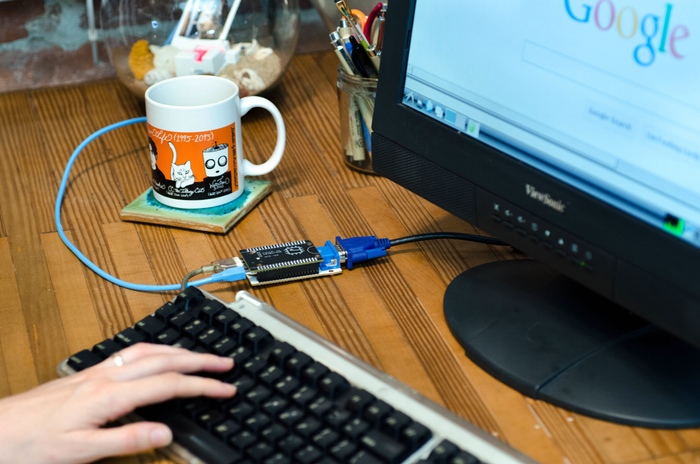
At just $9, Chip is the cheapest computer to be a reality soon
Raspberry Pi, a credit card-sized computer carrying a dirt cheap price tag has become insanely popular in the last couple of years. But what if we told you that there is a similar computer that sports miniature form factor and costs even less? Meet CHIP, a $9 single-board computer that is capable of running light Linux-based distros.
As for the specifications, CHIP packs in a 1GHz processor coupled with 512MB RAM, and 4GB of internal storage. The board comes with optional ports for VGA and HDMI, and supports Wi-Fi and Bluetooth connectivity options. The variant with VGA port costs $19 while the HDMI capable CHIP will set you back by $24 bucks.
